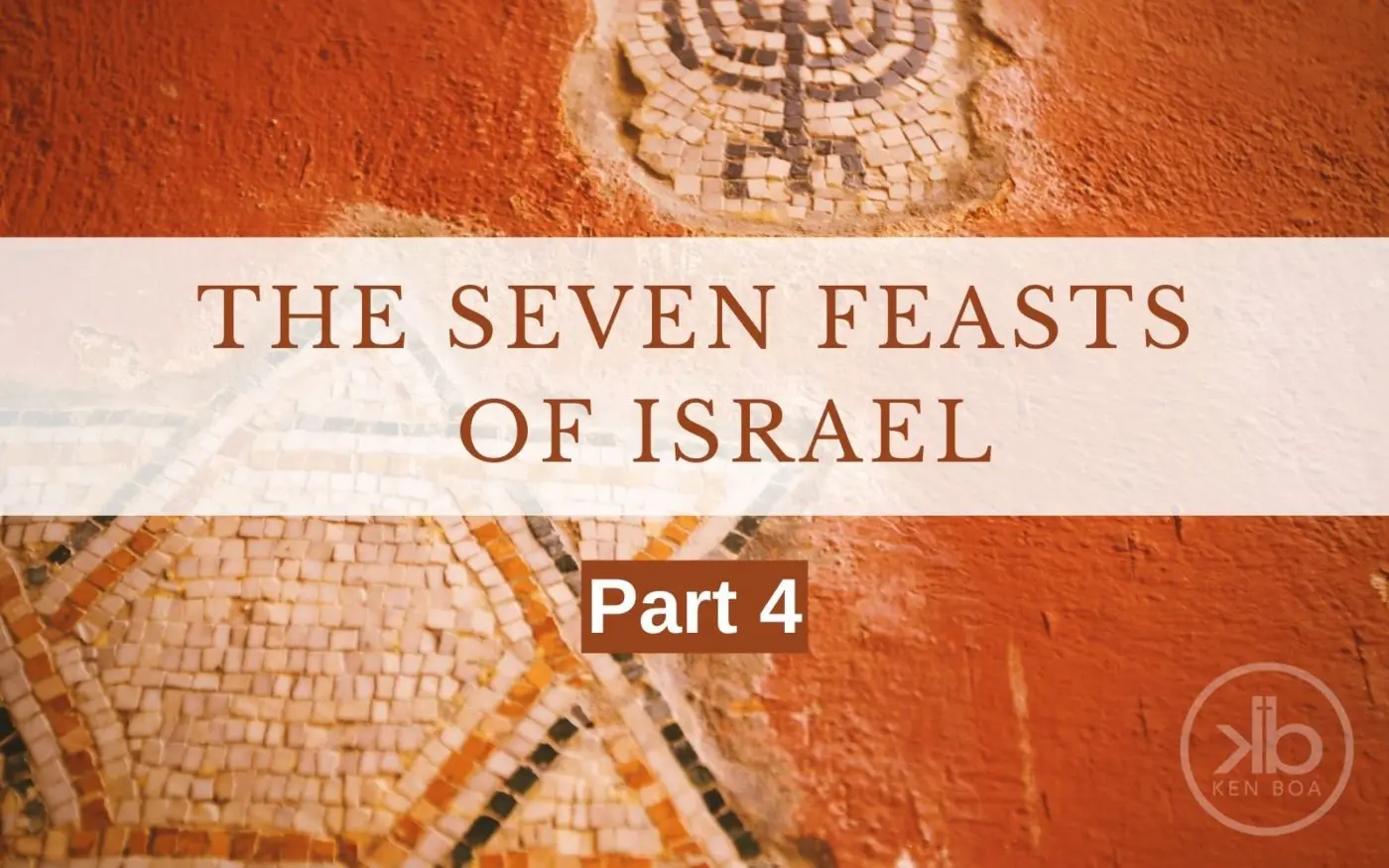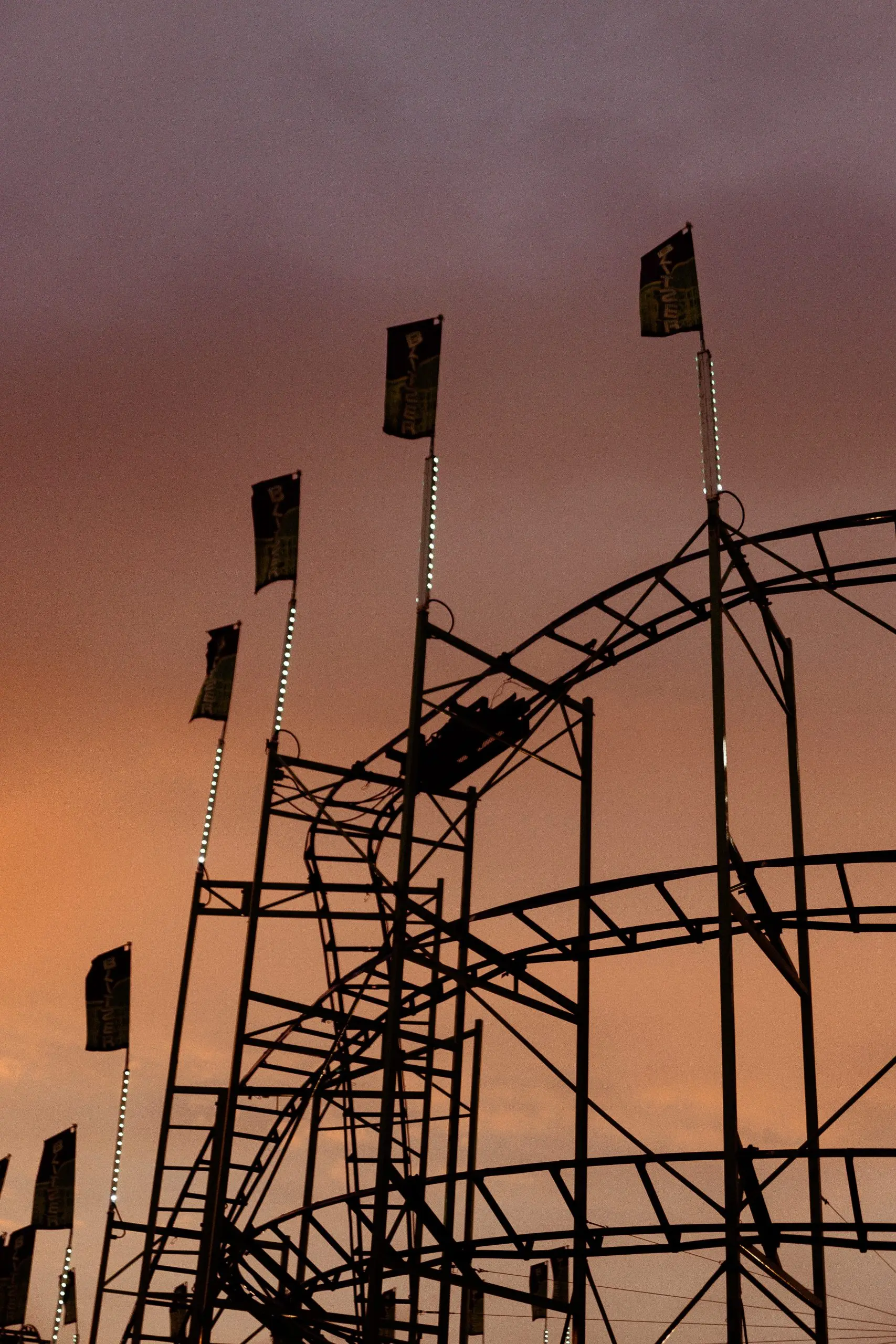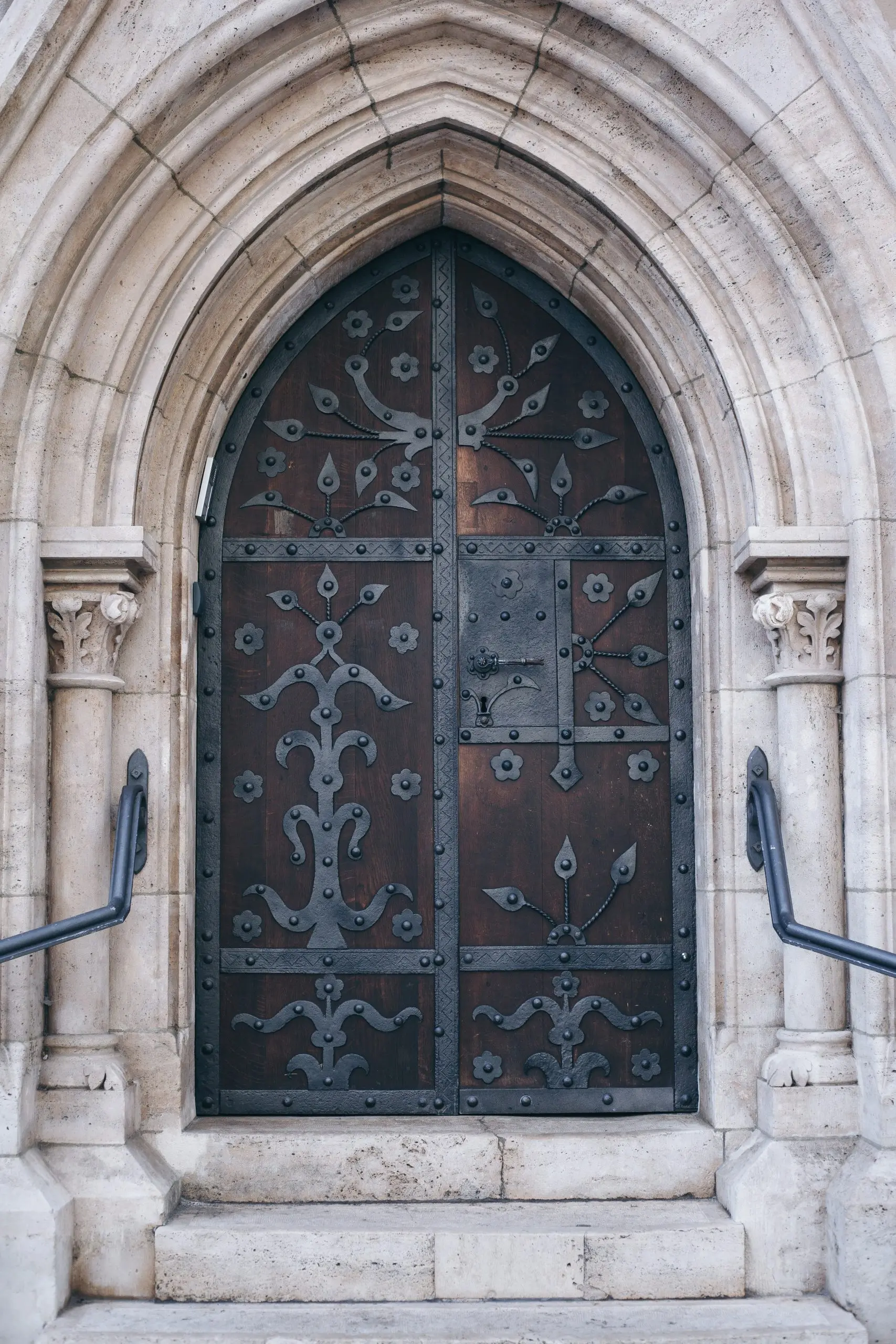The cross must come before the crown, and mourning before joy. We see this typified in the Day of Atonement and the Feast of Booths.
Day of Atonement
This was a solemn fast, not a feast, because it was a day of repentance. The high priest entered the Most Holy Place and atoned for himself and for the people. It was a Sabbath rest for the people as they humbled themselves before God and abstained from the ordinary enjoyments of life. In our cultural mindset, this may seem strange to us, for we easily overlook our own sins. But our God is a holy God, and we cannot enter into His presence because of our sin. We stand in need of reconciliation, a renewal of our fellowship with God.
This festival raised a dilemma: there is no forgiveness without the shedding of blood, but the bloodshed of the animal sacrifices had to be repeated year after year. In other words, the animal sacrifices did not have the ability to bring eternal forgiveness. This pointed ahead to a new priesthood and a new sacrifice, one that would be sufficient to cover the sins of the people.
When the Messiah came, He fulfilled this sacrifice. Hebrews 7–10 shows us the importance of Jesus’s sacrifice for us and His priestly work. The blood of goats and bulls could not take away the sins of the people. Likewise, the sinful high priest could not perfectly atone for them. But Jesus Christ in His righteousness perfectly fulfilled the demands of the law. He sat down at the right hand of the Father, having completed the work of the high priest.
The Feast of Booths
Unlike the Day of Atonement, the Feast of Booths is a joyful feast marking the end of the agricultural year when the final harvest was processed. It was a memorial for the Israelites’ time in the wilderness, causing them to remember God’s provision for them and thank Him for His care.
Ultimately, this feast points to hope in the kingdom of God. The people of Israel thought this would be fulfilled in Jesus in an earthly sense. Because of this, they welcomed Him in His triumphal entry. But they had mistaken the timing of His reign; He had not yet come to rule, but to die. The Feast of Booths signifies the reigning of Christ after His crucifixion, causing us to rejoice in the hope that is yet to come.
Click here for more information about Ken Boa’s Sunday Morning Study.



